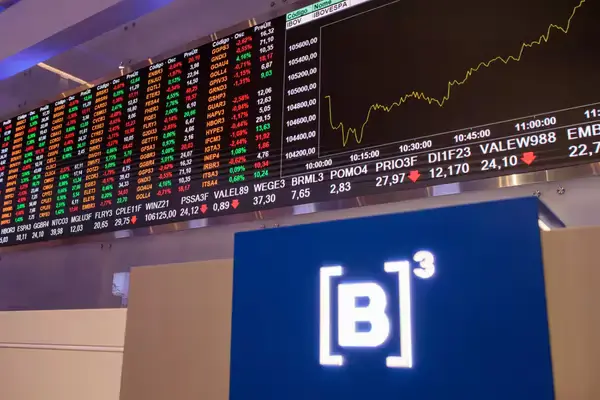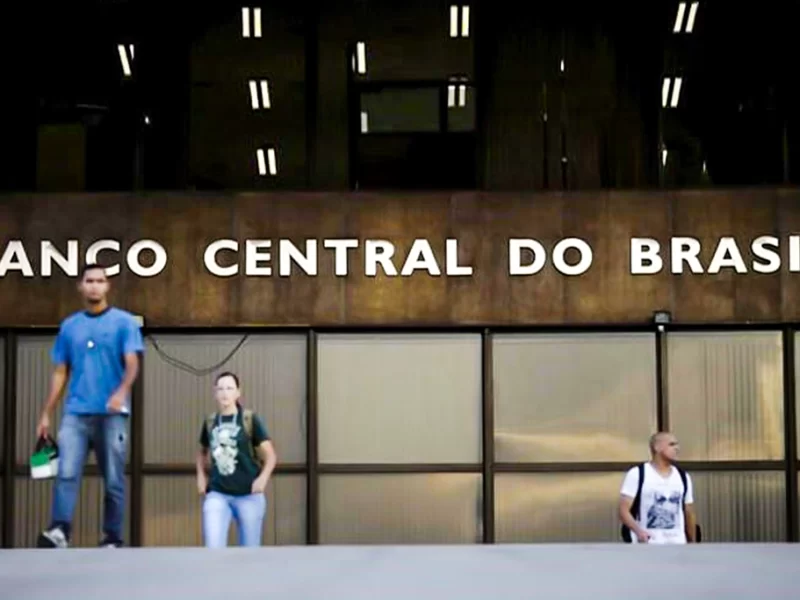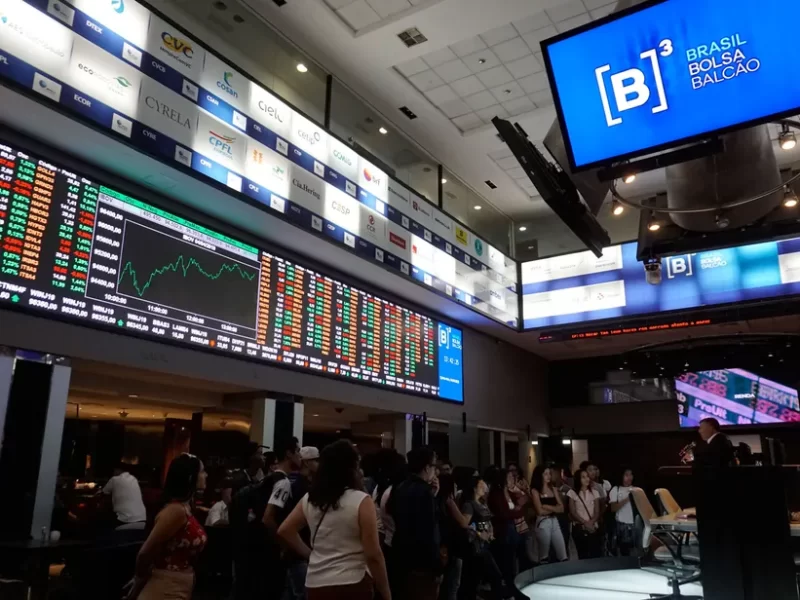The Brazilian financial market experienced significant volatility on Wednesday, November 27, 2024. Ibovespa, Brazil’s main stock index, fell 1.73% to 127,668.61 points, shedding over 2,000 points during the trading session.
This decline was mainly driven by rumors of a possible income tax exemption announcement along with a fiscal package.
The US dollar reached an all-time high against the Brazilian real, closing at R$5.9135, marking an increase of 1.81%. This rise in the value of the dollar reflects growing investor concerns about Brazil’s fiscal outlook.
Market participants anxiously awaited an official statement from Finance Minister Fernando Haddad, scheduled for 20:30 Brasilia time.
The anticipated announcement of income tax exemptions for individuals earning up to R$5,000 per month has sparked debate about its potential impact on Brazil’s fiscal health.


Labor Minister Luiz Marinho hinted that the tax exemption would be offset by increased taxes on high earners. He also suggested that the content of the fiscal package would differ significantly from earlier speculation, adding to market uncertainty.
Labor market trends and market reactions in Brazil
Brazil’s formal labor market showed signs of cooling, with 132,714 new positions created in October, short of economists’ forecast of 200,000. This data point raised questions about the strength of Brazil’s economic recovery.
Individual stock performance varied widely. Natura shares led to gains after an agreement with the Committee of Unsecured Creditors of Avon Products. Mining giant Vale also saw its stock rise more than 1%, boosted by iron ore prices in China.
In contrast, LWSA (formerly Locaweb) suffered significant losses after Citi downgraded its stock recommendation. Shares of Petrobras fell for the third session in a row, reflecting movements in oil prices.
The possible announcement of exemption from income tax triggered a rise in future interest rates, with interbank deposit (DI) rates rising by up to 40 basis points for long-term maturities.
This increase reflects market concerns about the fiscal implications of such a policy change. As Brazil faces these economic challenges, the government’s ability to balance social welfare initiatives remains under scrutiny.
At the same time, its fiscal responsibility is being closely scrutinized. The market reaction underscores the delicate nature of policy decisions in a complex economic landscape.



